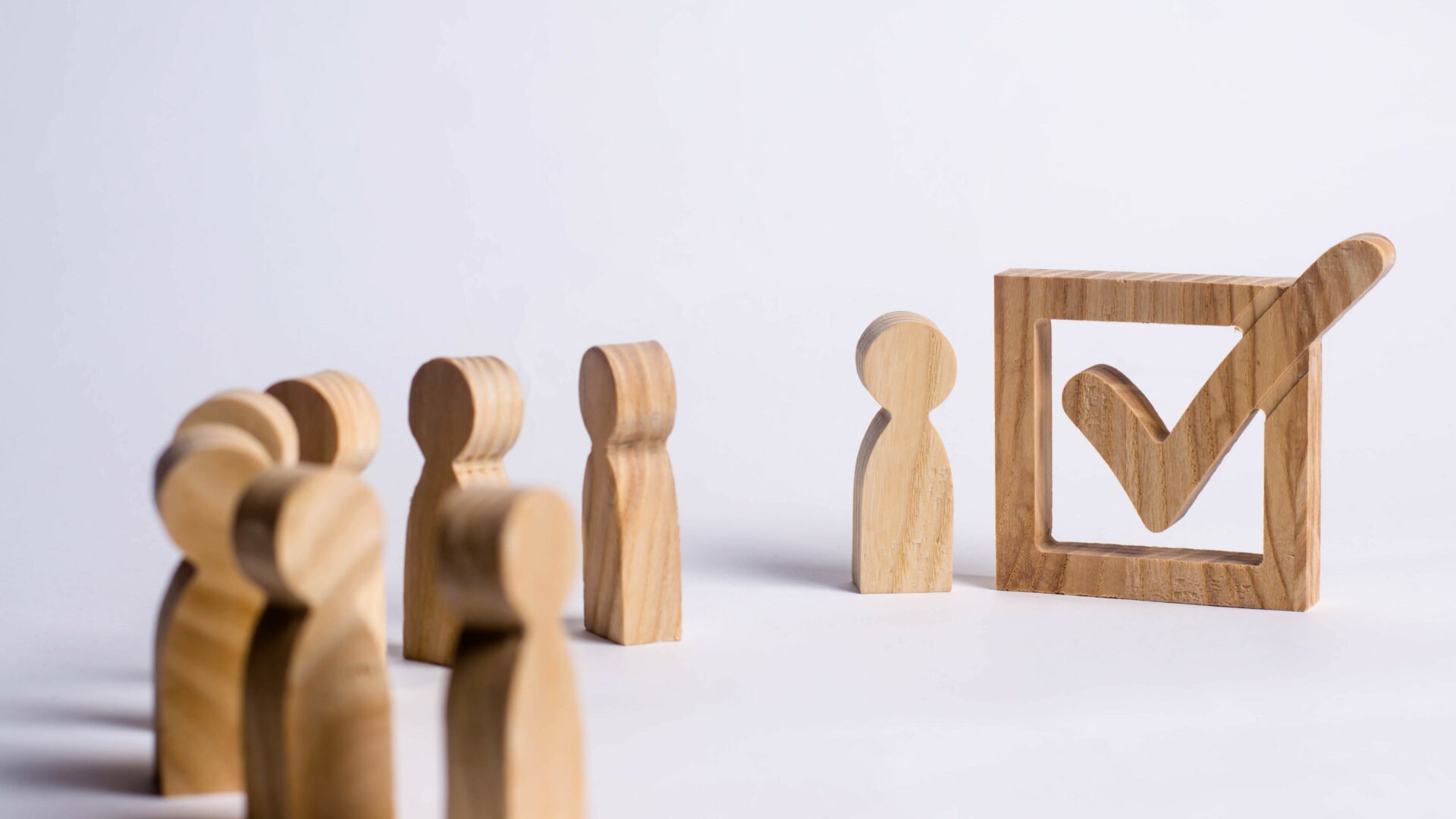I was fifteen when I was first diagnosed with hearing loss and began wearing hearing aids. When I went to my first individualized education plan (IEP) meeting before my freshman year of high school, I immediately felt discouraged to set up any accommodations. The school did not seem to understand my condition and assumed that I would need an American Sign Language interpreter, when the only accommodation requested was preferential seating in the front of the classroom. As I got older, my hearing loss worsened and I started missing out during group discussions and lectures. However, I was still reluctant to request further accommodations, mostly because I was afraid to stand out.
It was not until my junior year of college, nearly six years later, that I finally decided to request further accommodations. It was mainly because I met a fellow classmate with hearing loss, who encouraged me to advocate for myself in order to reach my full potential. Specifically, I requested the utilization of Communication Access Real-time Translation (CART) services, a remote microphone, and closed captioning on videos. After using CART services for the first week, I was shocked to find that there is a learning curve to figuring out how to use most accommodations. All of a sudden, I was multitasking between writing notes, looking at my professors to read their lips, glancing at the computer screen, and then transferring what I was hearing and seeing to my notebook.
After finally acclimating to CART services, it became a useful tool. Shortly after, I ran into another classroom dilemma that I still often struggle with. When I would sit at the front of the room and someone behind me would ask a question, I cannot hear what that person is saying. This serves as a reminder that while accommodations help, they must be provided in the context of supportive faculty who are willing to adapt their teaching style to assure that no information goes unheard. Additionally, sometimes it is difficult to advocate for myself as a student and find a balance between doing what is best for my learning environment without jeopardizing my relationships and perception of myself among my peers and faculty. Luckily, I am now surrounded by a community of peers with hearing loss and supported by a faculty who upholds the standards that are protected by federal law and maintains non-discriminatory practices. Students with hearing loss are encouraged to seek information and accommodations through their disability offices on campus. Additionally, it is important to identify a professor who is willing to advocate on behalf of the student with hearing impairment.
Every person with a handicap or disability has different severities, resultant limitations, lifestyle and communication needs. It cannot be assumed that all persons with hearing loss are going to benefit from the same accommodations. When offering or suggesting accommodations, it is important to view the individual patient and determine what may be best for them. An audiologist may understand what a patient can benefit from and why, but it is important to take the extra step and teach a patient the value of advocacy, while also increasing awareness of hearing loss and appropriate accommodations in schools and workplaces. An accommodation can be useless to a patient if no one is there to advocate on the patient’s behalf or if the patient does not feel comfortable advocating for themselves.
Kortney Bush is an undergraduate student in the Communication Sciences and Disorders program at the University of Oklahoma Health Sciences Center. She currently serves as the SAA state ambassador to Oklahoma. In the future, she plans to pursue graduate school for audiology.
Related Posts
Power of the Constituent Campaign
By Lindee Alvarez What is Power of the Constituent (POTC)? The Power of the Constituent Campaign is a national Student Academy of Audiology (SAA) advocacy campaign (formerly National Day at Your State Capitol) geared toward spreading awareness of audiology and legislation changes that affect the profession. The POTC Campaign encourages students to go to their…
AUDvocacy
Advocacy is the cornerstone of our profession. Not only do we advocate for our patients on a daily basis, but we also advocate for the profession of audiology as a whole. Our scope within the healthcare world is relatively small and the vast majority of the public is uneducated about our scope of practice. I…
Recognizing & Reporting Elder Abuse
The risk of hearing loss increases with age, and unfortunately, so does the risk of abuse. Tragically, according to a 2017 report published by the Center for Disease Control, 10% of people over age 60 experience elder abuse. This abuse is rarely reported. Audiologists are mandated reporters, which means that we are required by law…


